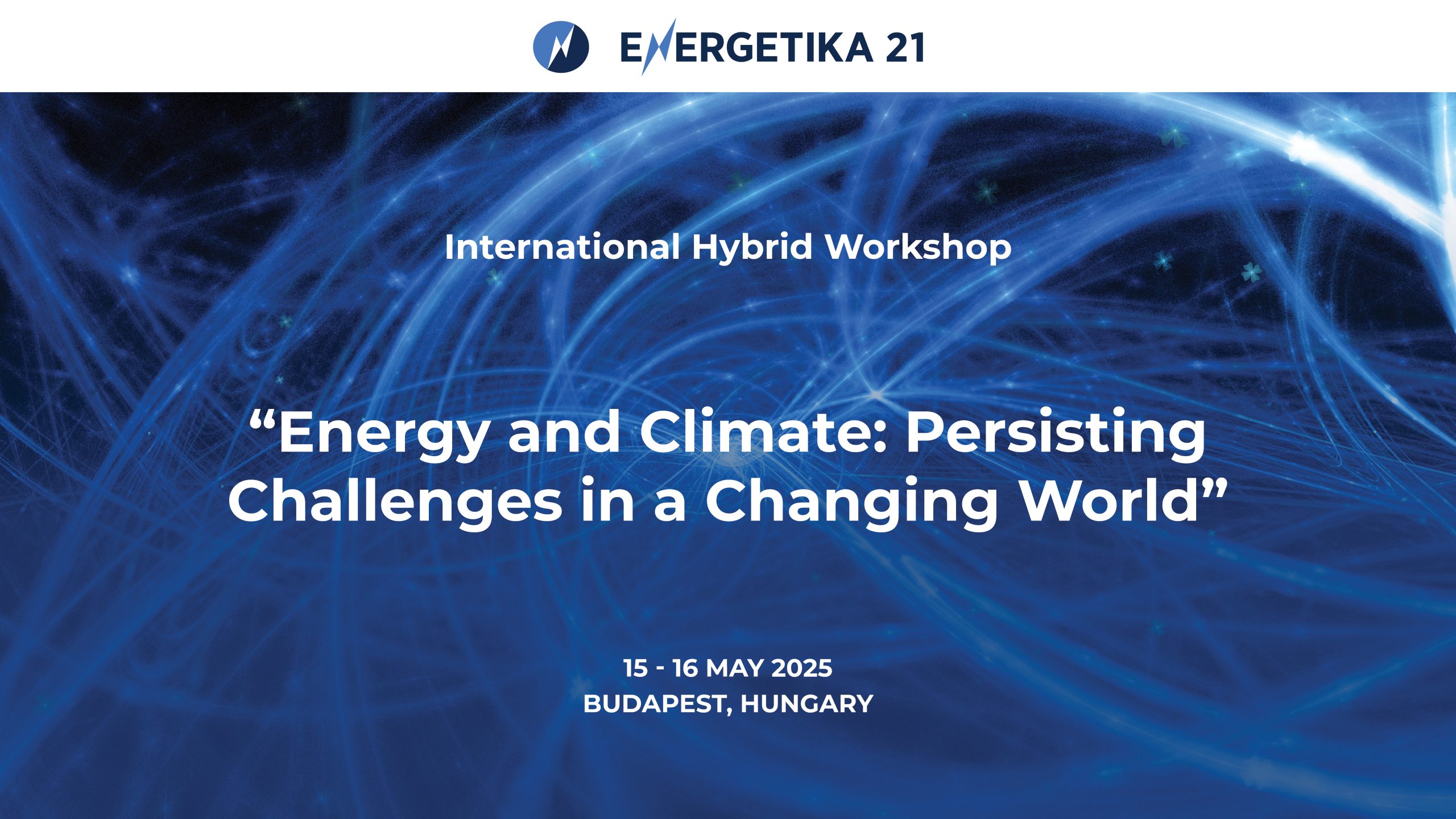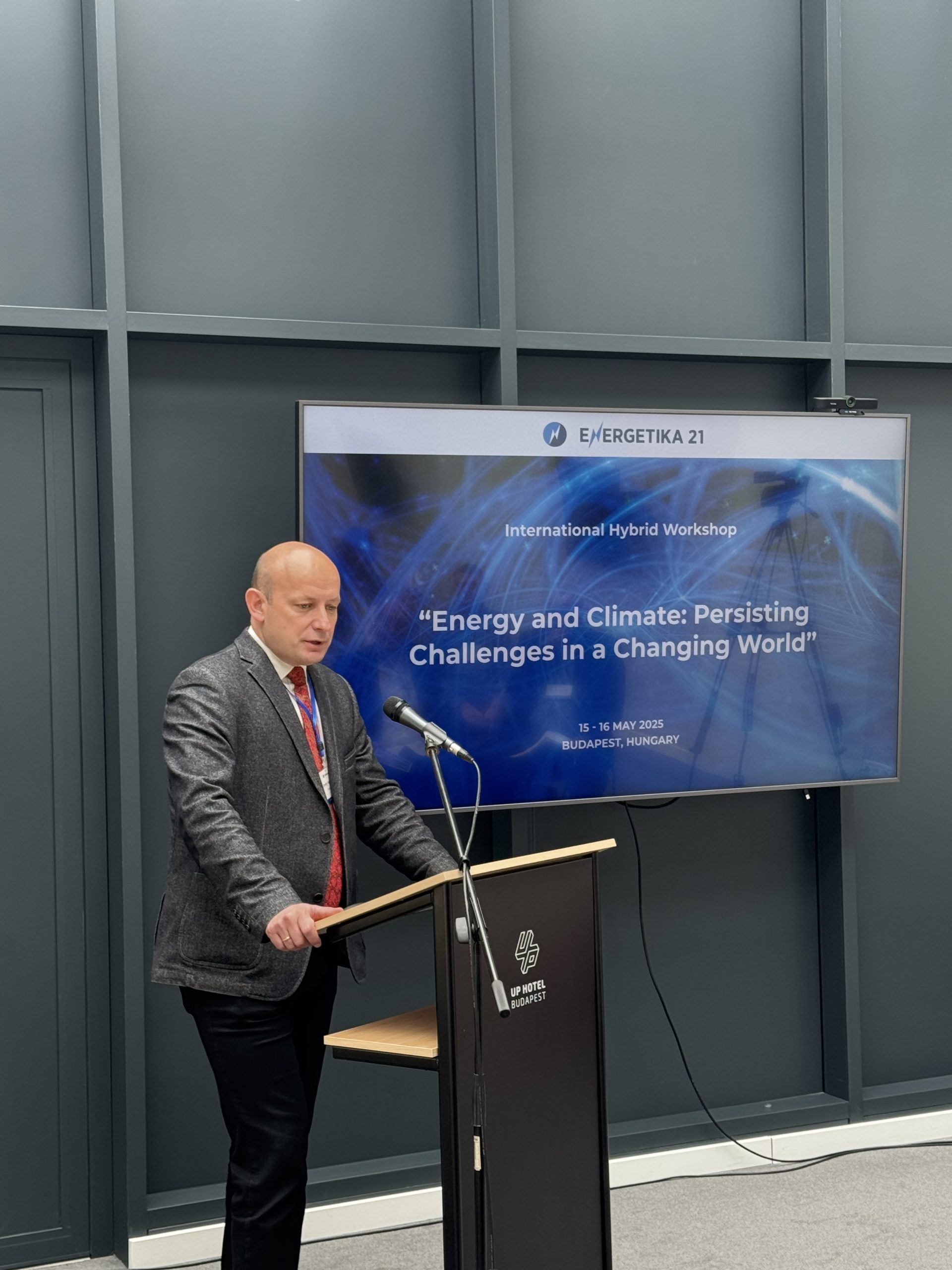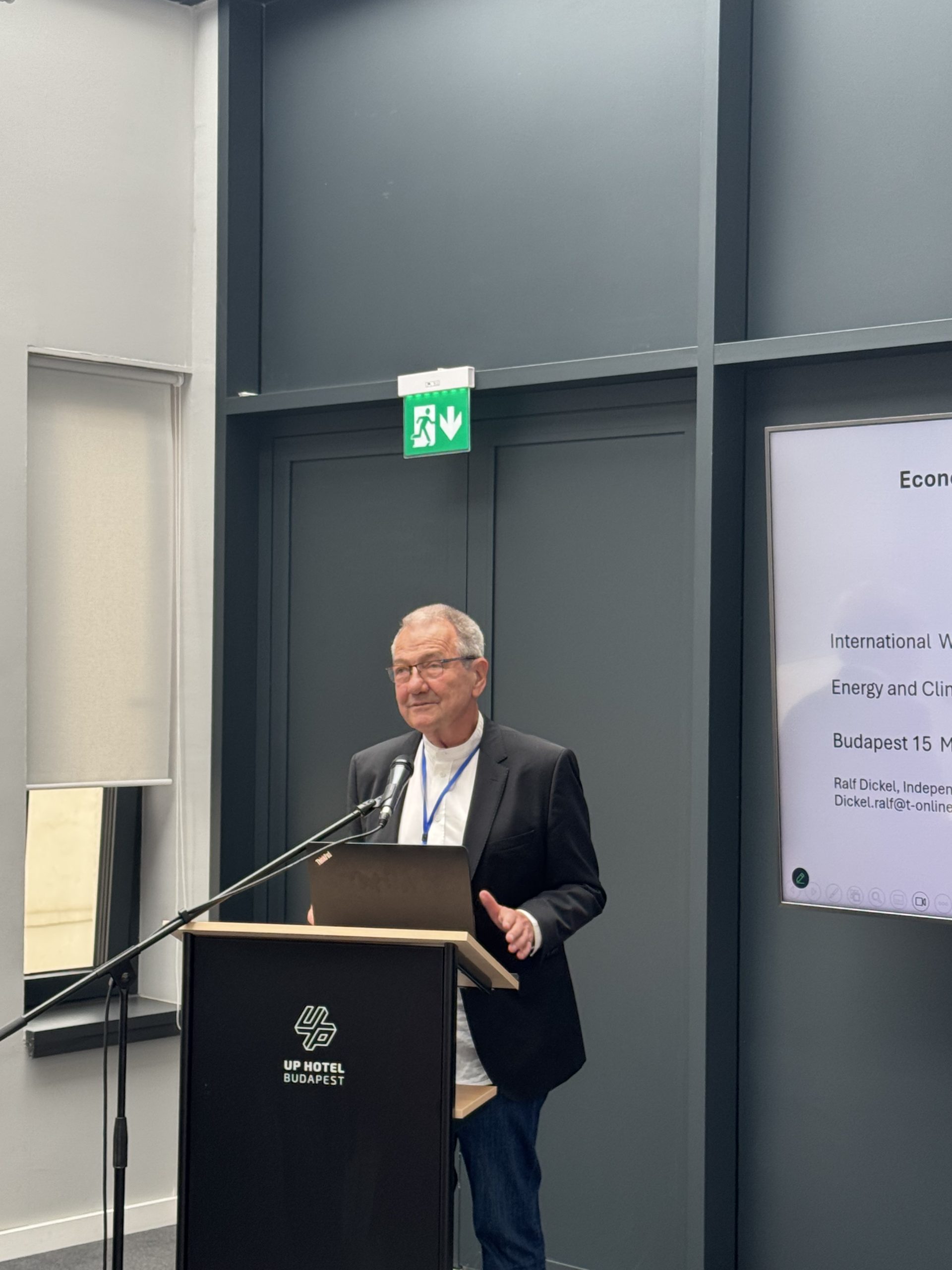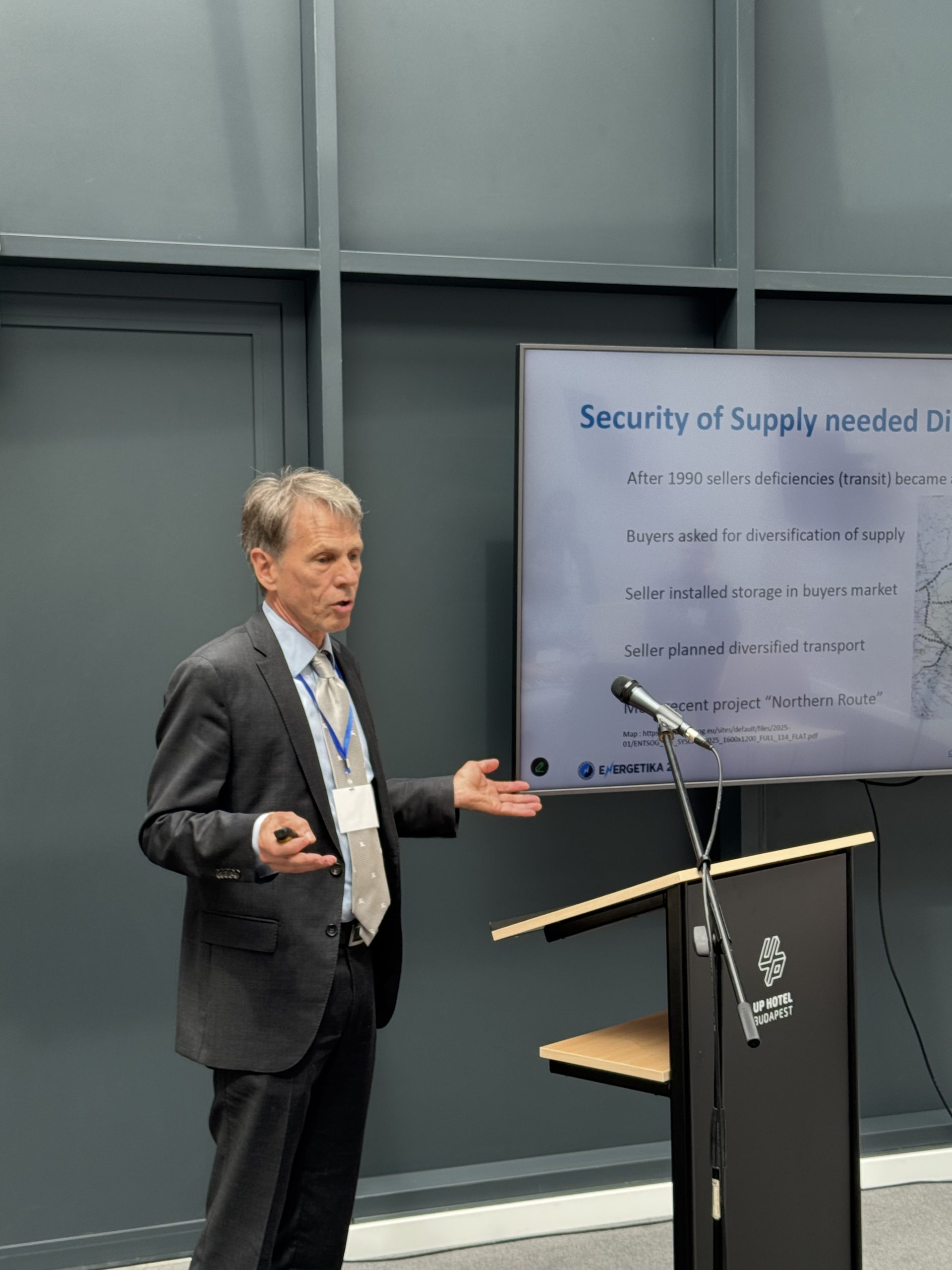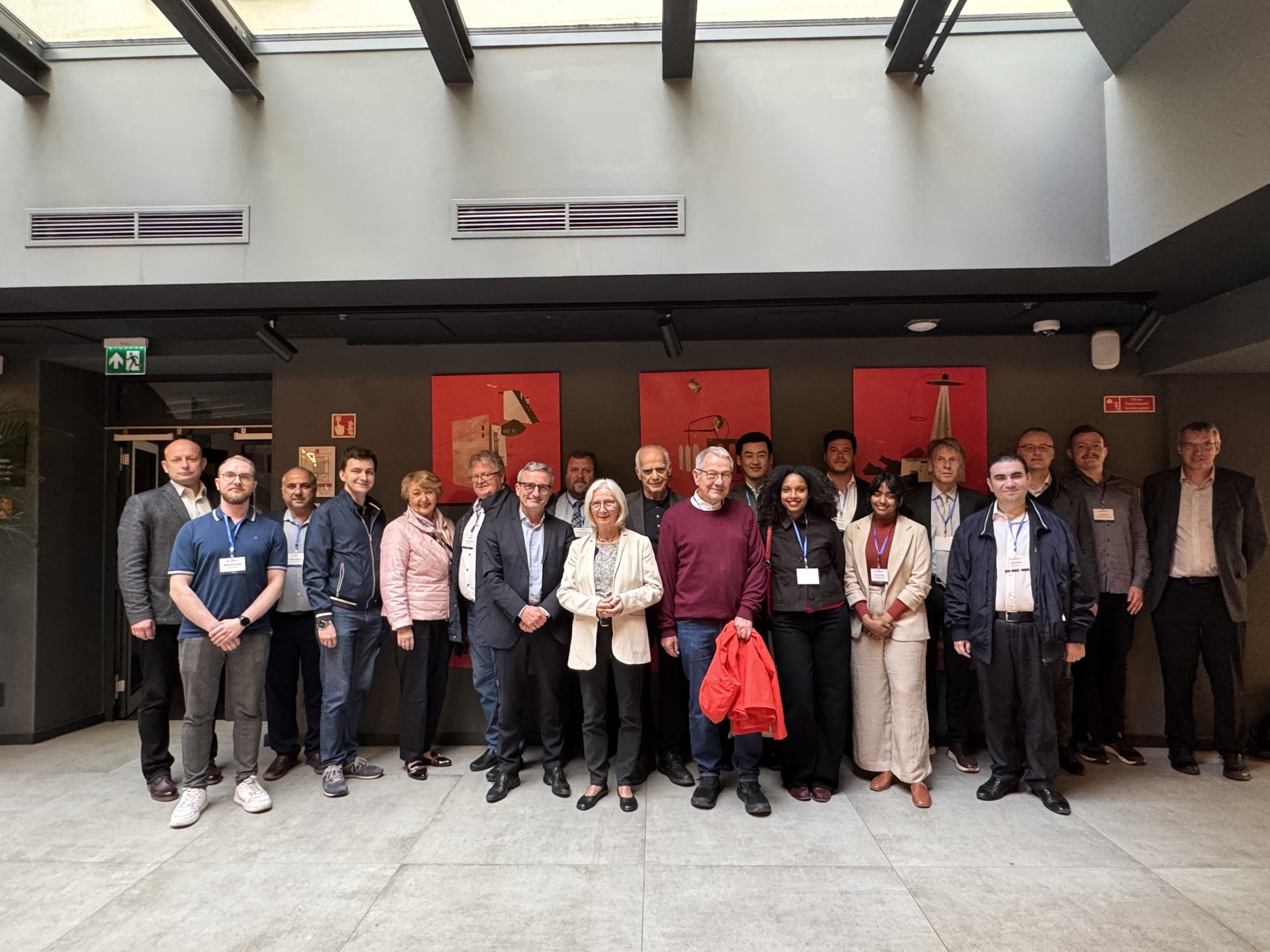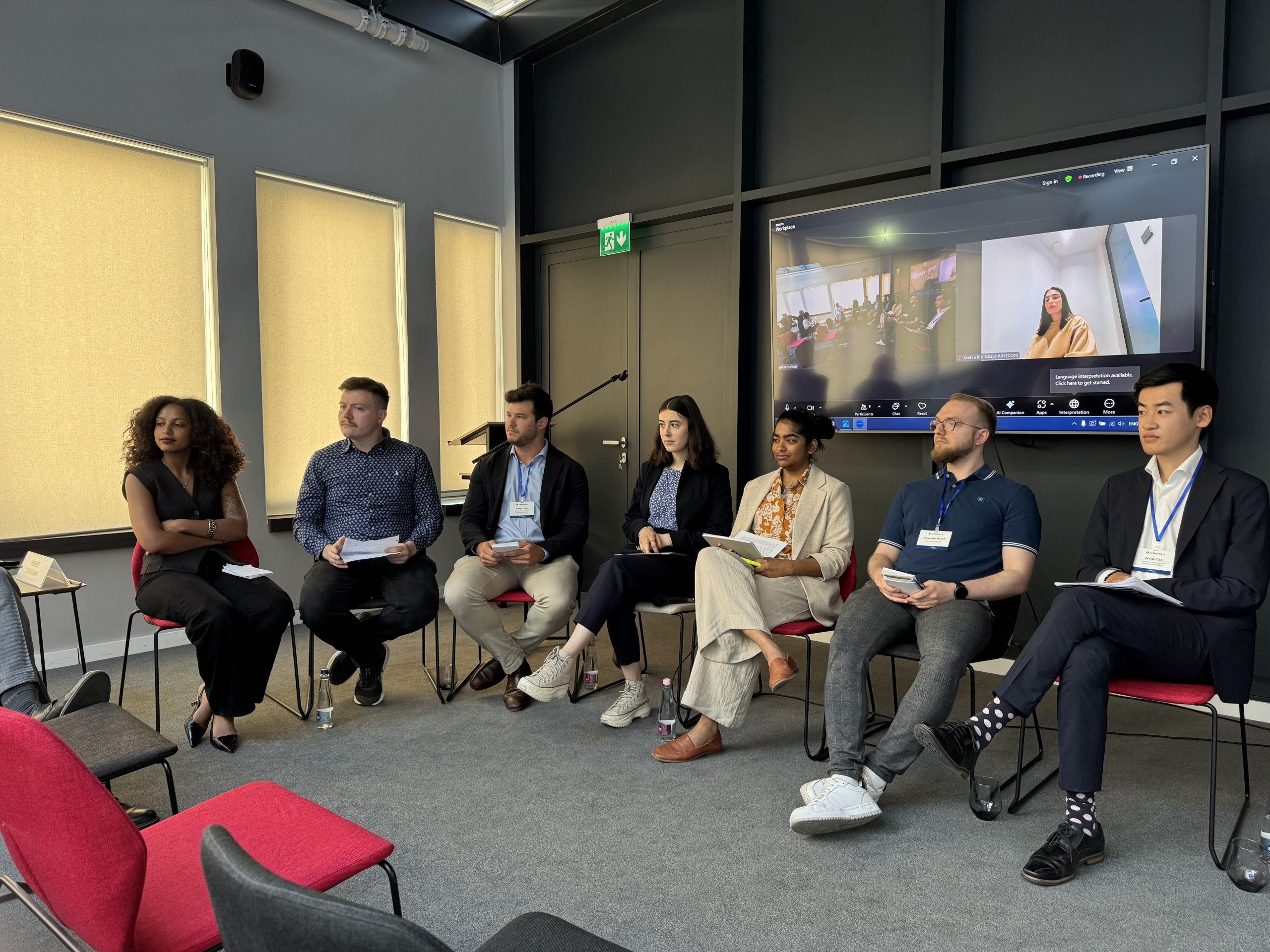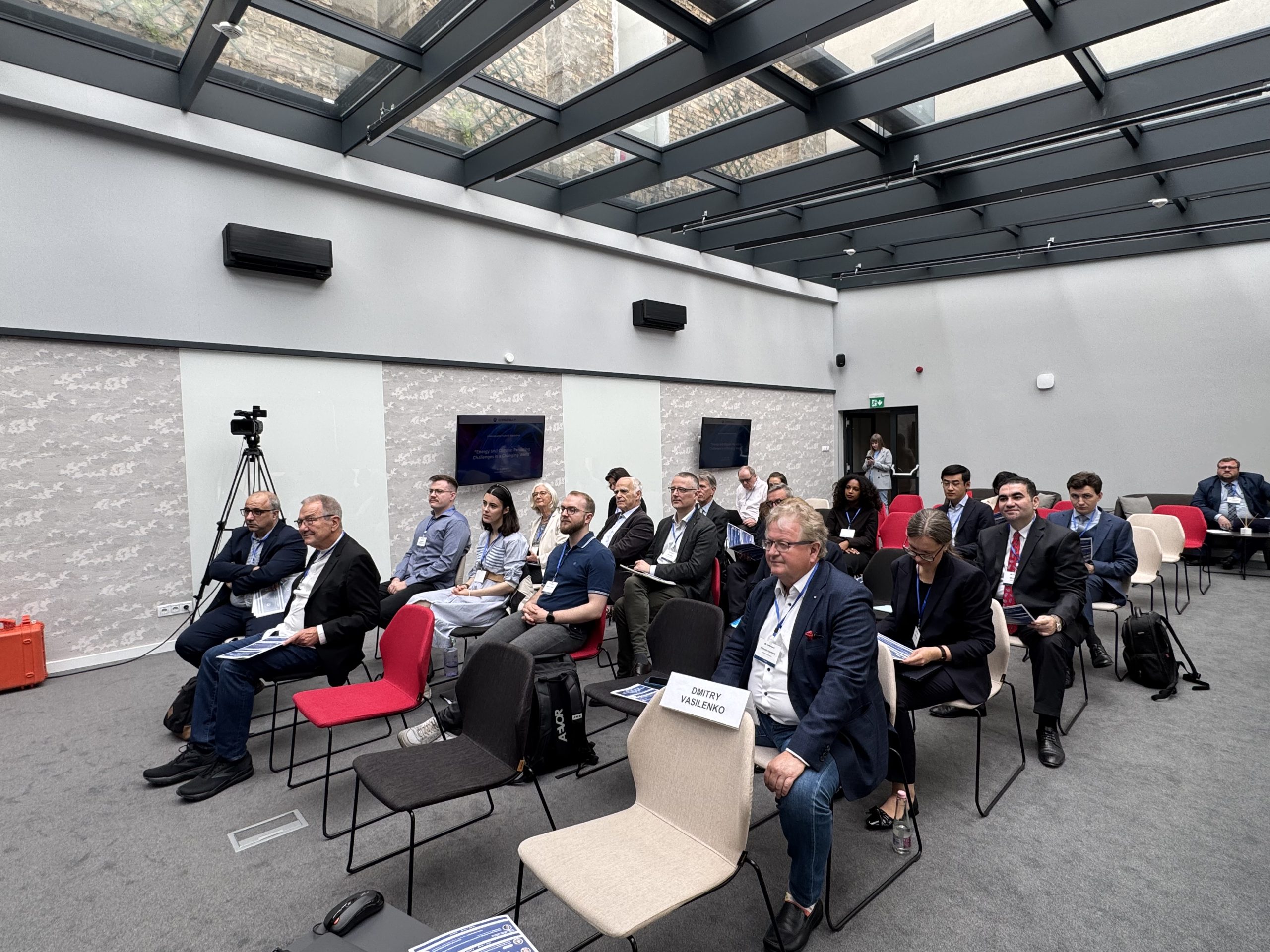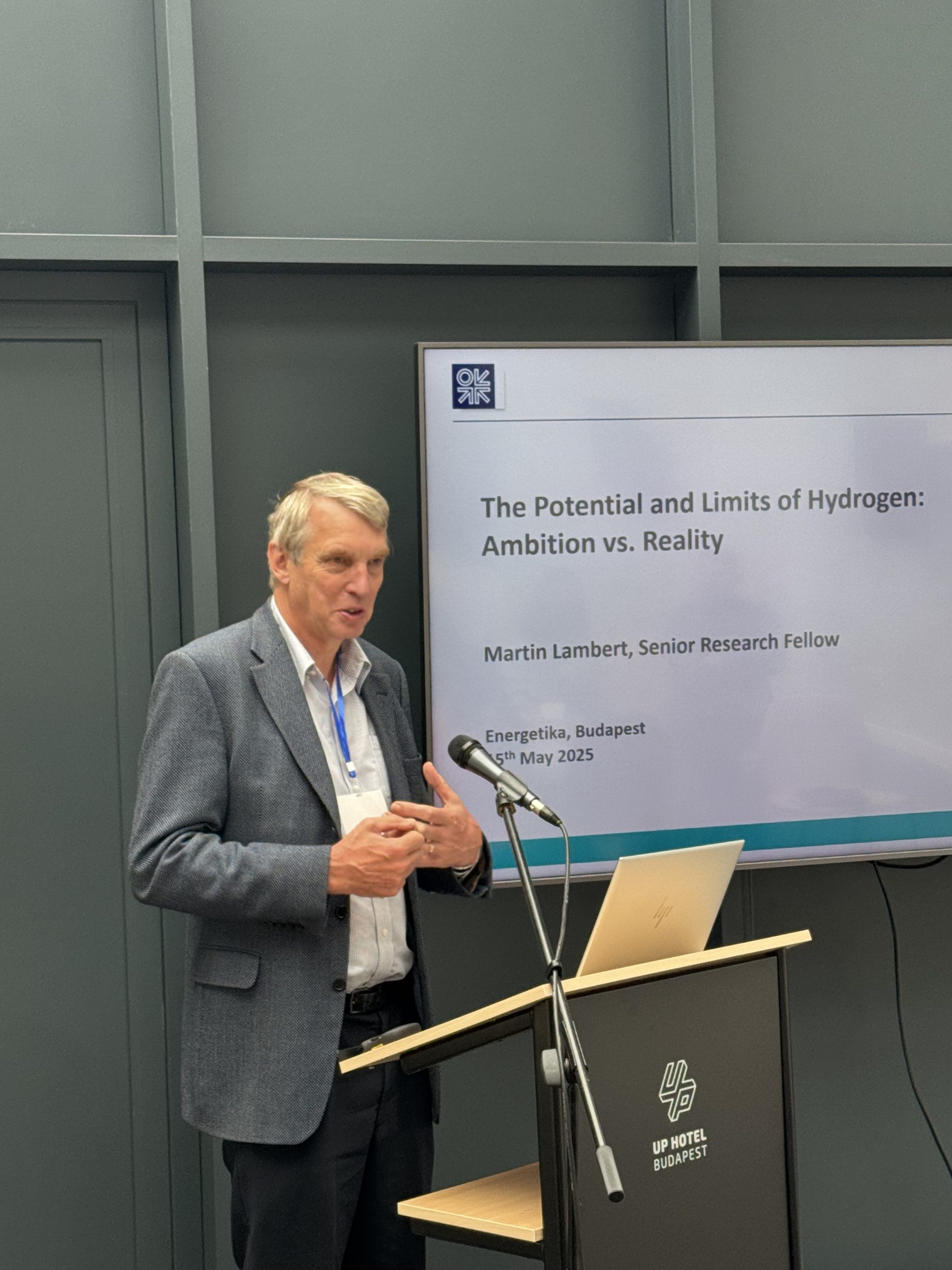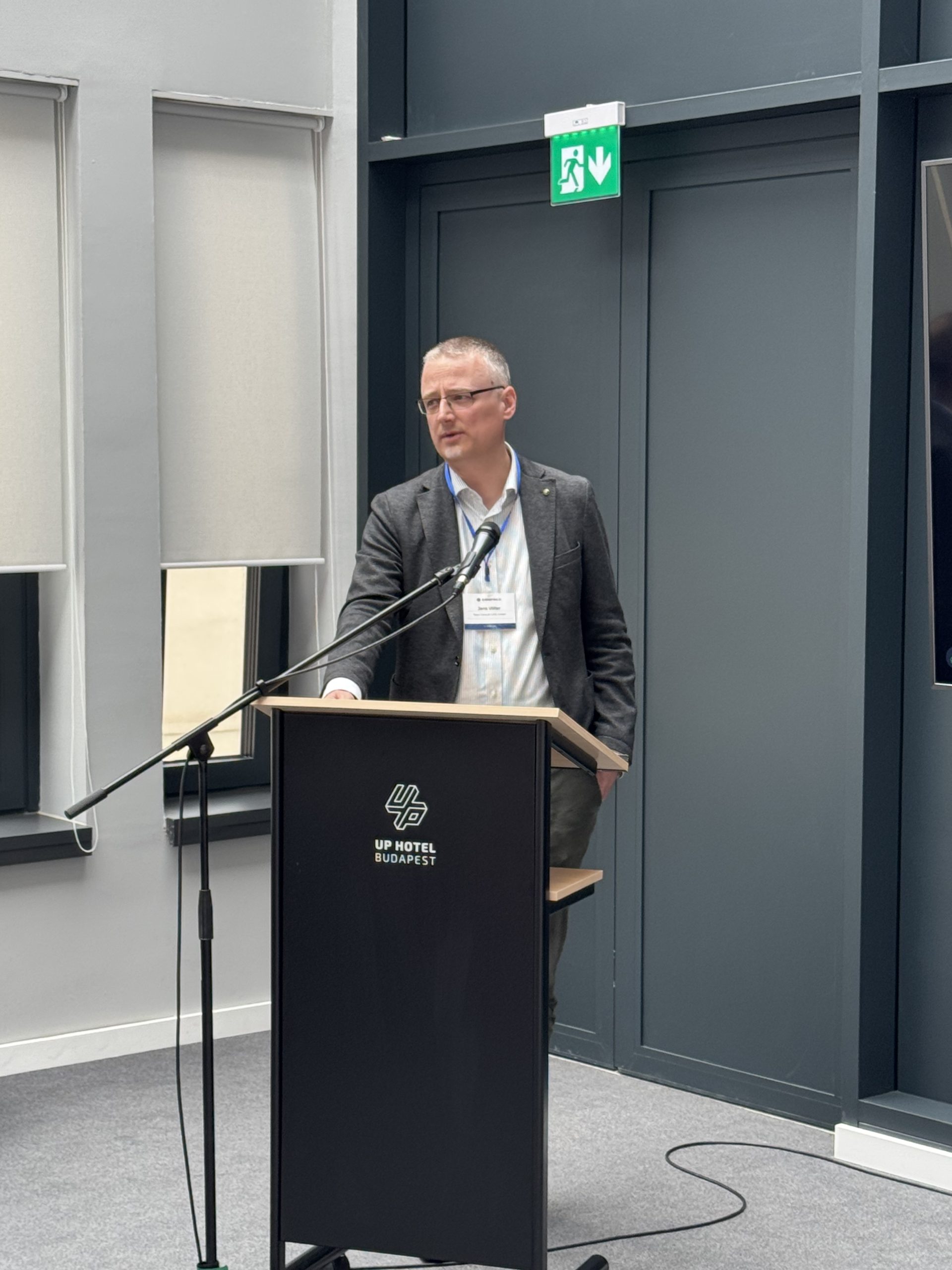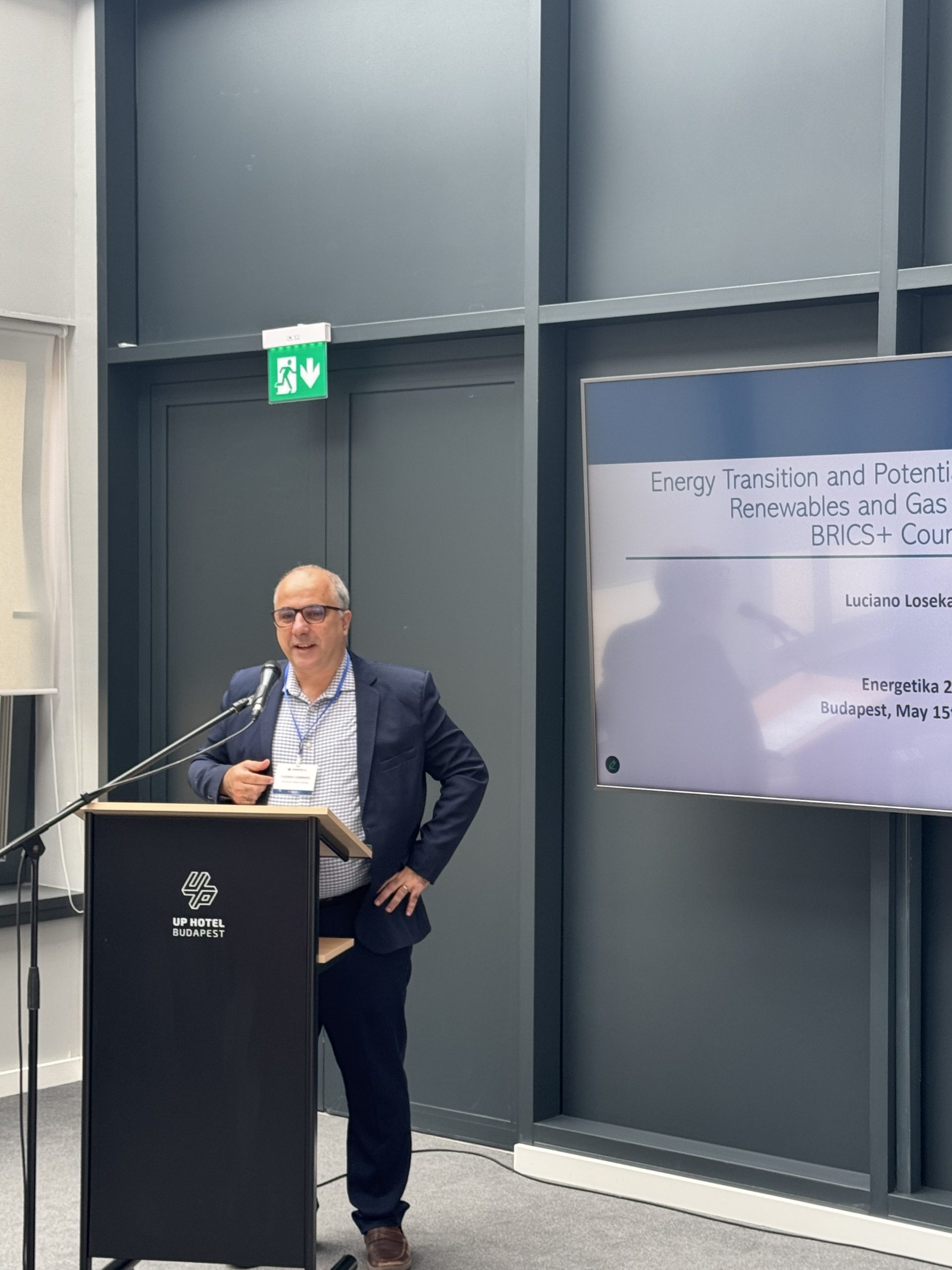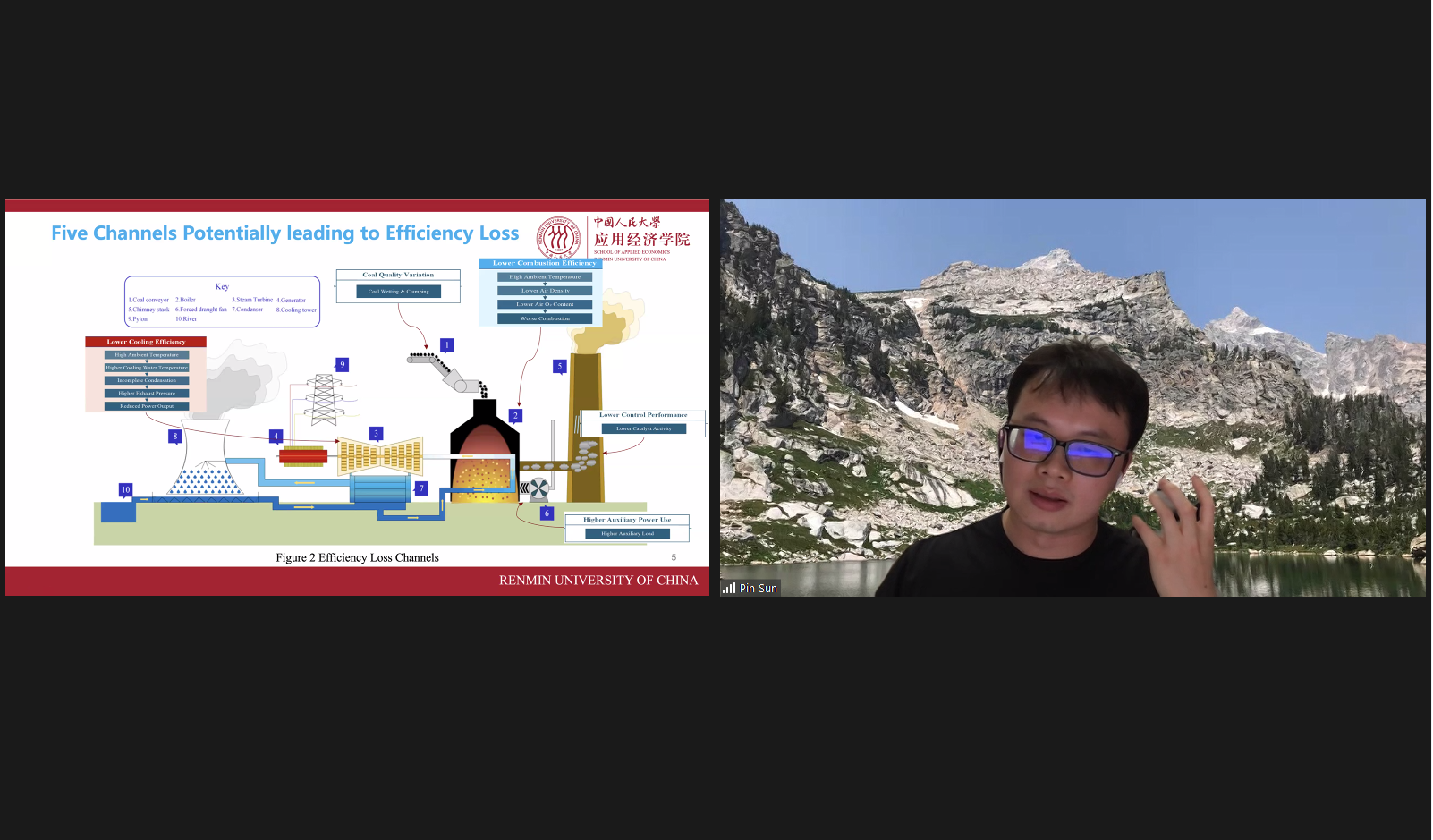The International workshop «Energy and Climate: Continuing Problems in a Changing World» was held in Budapest on May 15-16 in a hybrid format. The workshop continued to address the dichotomies between North and South due to geography and economic development challenges with the emphasis on ВRICS+ countries and their experience in decarbonisation.
The workshop consisted of plenary session, parellel sessions, young researhers’ session and panel discussion.
Speakers from Brazil, Russia, Germany and China presented at the plenary session. Luciano Losekann (Fluminense Federal University)covered the topic of energy transition and potential for cooperation between BRICS+ countries. Professor from St. Petersburg State University of Economics(UNECON) Sofia Rekord told about new economic cosensus and decarbonisation, and professor Zhongwen Zhang from Renmin University of China shared the information on the role of government in promoting the transition to green consumption, supporting effectiveness of this tendency. Ralf Dickel, Independent Expert and the member of the Program Committee, presented on economic and technology development favouring decarbonisation and reliable energy supply. Director on research and development from the Fund “Institute of Energy and Finance” Alksey Belogoriyev shared the views on the LNG market development.
Parallel sessions were held in two directions: North-South differences and decarbonisation of fossil fuels. The experience of BRICS+ counties in decarbonisation was addressed by Elena Gorbashko, UNECON and Andrey Sapozhnikov, Russian part of the BRICS Business Council; from China by Sun Pin, Renmin University of China; from Indonesia Aldilla Noor Rakhiemah, ASEAN Centre for Energy and from India — Vivek Nanoti, LT JSS — Priyadarshini Group of Institutions, Nagpur. Julian Bowden (Oxford Institute for Energy Studies) focused on renewable energy in Central Asia and the Caspian region. Within the sessions on reliable energy and critical technology the Independent Expert from Germany Michael Kranhold presented system services in renewable world; Igbal Guliyev, MGIMO university and Claus Bergschneider, CBC consulting & engineering GmbH touched upon the perspectives of Nord Stream.
Development and deployment of various technologies were presented by Martin Lambert, Oxford Institute for Energy Studies (the use of hydrogen); Jens Völler, Team Consult G.P.E. GmbH; Ekaterina Grushevenko, Fuel and Energy Complex Analytical centre (CCS technologies) and Independet Expert Ali Abdelshafy (Decarbonization at the example of cement and steel).
The second day was devoted to discussions on the topic. Within the Pro / Contra Discussion young researchers from Germany, Norway, Chilie, India, Russia and Rwanda presented their arguments in teams on the issue — Will the Global South become the winner of the energy transition?
The workshop was closed with vivid discussion on implications of changing political situation on energy and climate mitigation, where Igbal Guliyev, MGIMO university, Thomas Geisel, European Parliament and Luciano Losekann, Fluminense Federal University shared their views. At the closing remarks the Organizing Committee announced the upcoming events within Energetika XXI.

